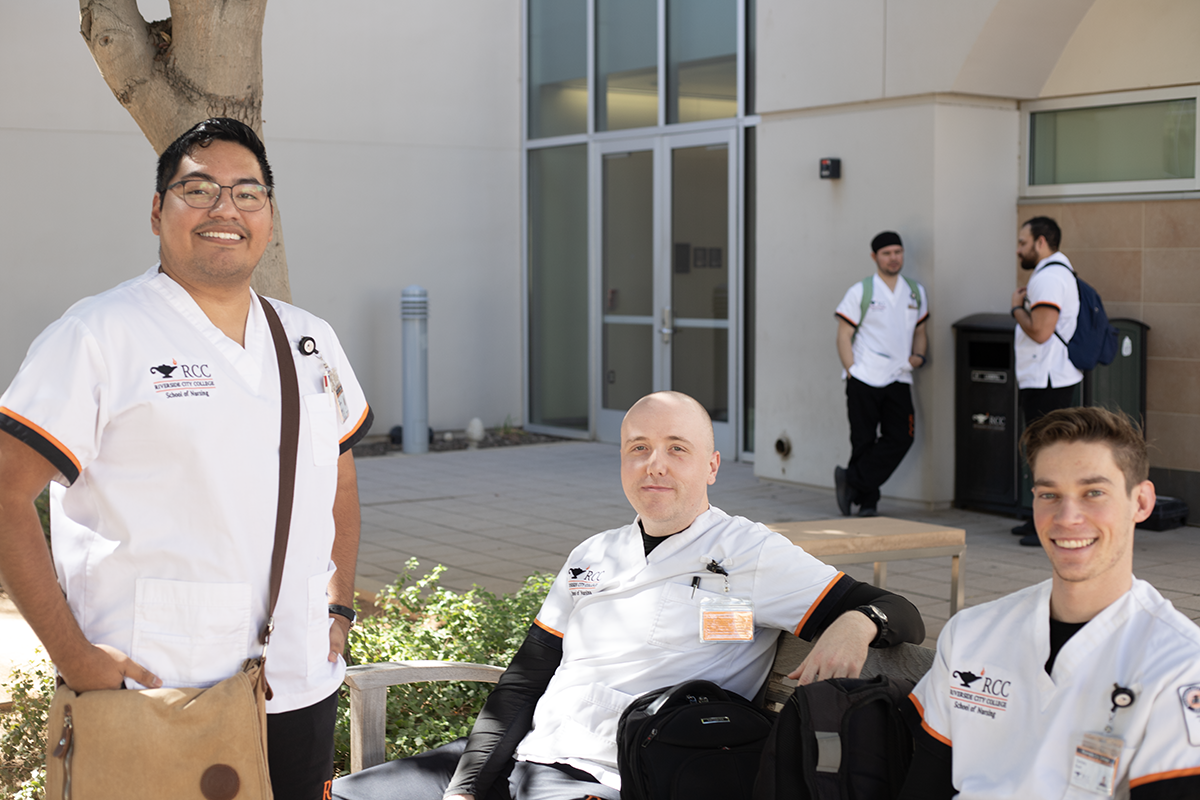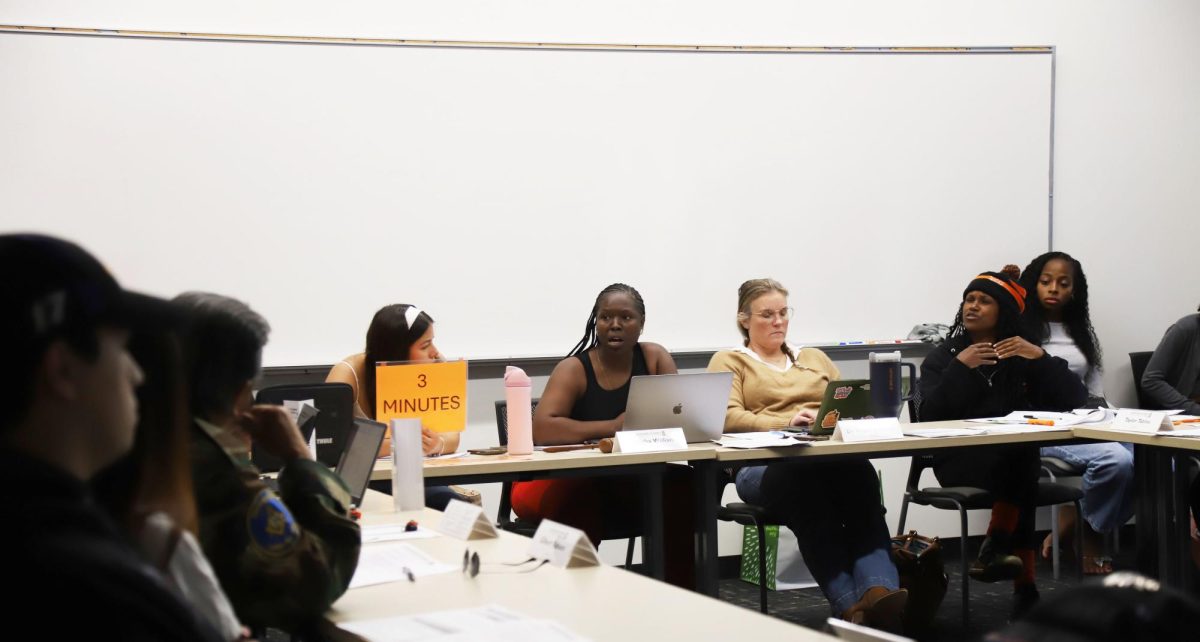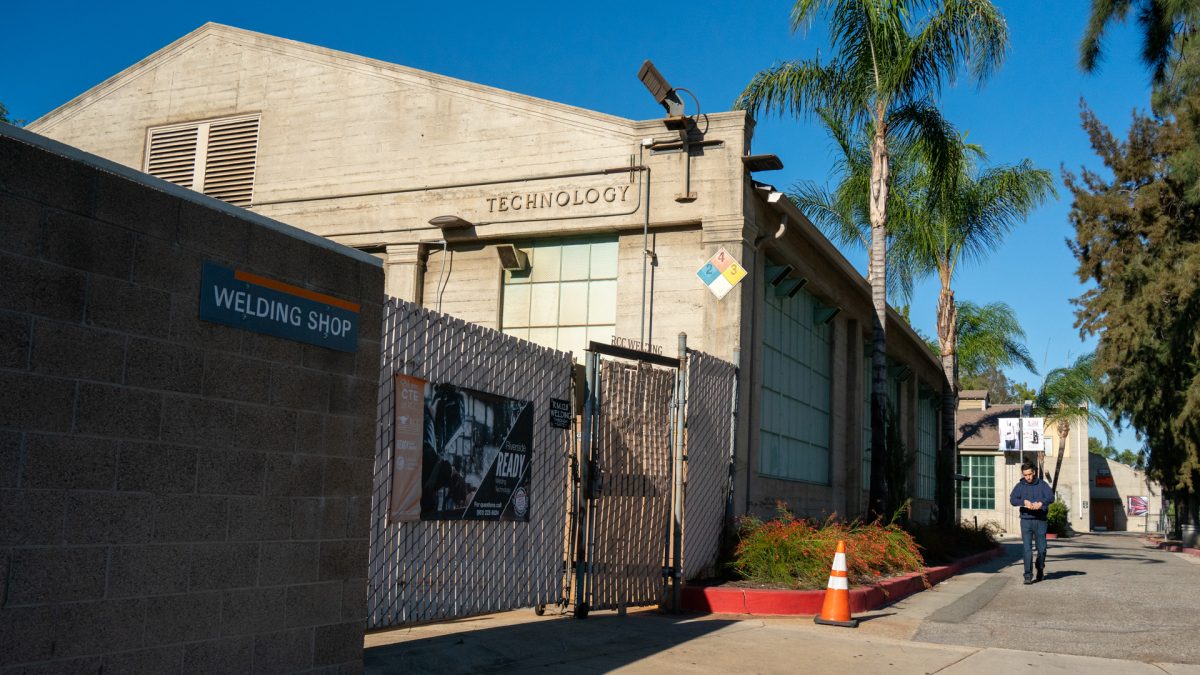By Stephanie Holland / Editor In Chief
By Stephanie Holland / Editor In Chief
Riverside City College is undergoing many changes this semester, including various construction projects and scheduling overhauls. However, chief among these changes is the arrival of a new acting president.
Tom Harris is very familiar with the California community college system, having served as the chancellor of the North Orange County Community College District for 10 years.
Now he brings that experience to RCC. In an interview, he discussed his background, his impressions of RCC and what students can expect in the coming semester.
Harris began his teaching career at the junior high school level, but eventually moved on to community colleges.
“I really enjoy community colleges…a student in a community college ended up with my career, teaching and administrating in the community college system,” Harris said. “It’s a fine way to spend life.”
Harris tried retirement a while back, but admits that it didn’t take. He now travels the state becoming an interim president at colleges that need him.
RCC is his tenth interim position and he has been impressed by what he’s seen so far.
“Riverside City College is exemplary, it’s a really, really fine place,” he said. “All the students coming here can be proud that they’re here.”
Despite his praise for the college, Harris admits that these are trying times for California college students.
“It’s difficult because our classes are getting full and those who wanted to go to the four year college and now are coming here, they’re having trouble enrolling at our institution because of our increase in enrollment,” he said.
He also wonders what these difficulties will do to students educational goals.
“What are students going to do when they can’t find a seat in a classroom,” Harris said. “It’s going to prolong their educational goal…is it just going to be a semester, is it going to prolong it for several years, it’s really an unknown time.”
He recommends that frustrated students not give up on their education. He suggests taking classes online and staying in college even if they are only able to take one or two courses.
Harris discussed the criteria the administration looks at when making decisions about cutting courses.
“They’re made with a lot of discussion, a lot of forethought,” he said. “If we’re going to cut, we shouldn’t cut in just one area, the cuts should be distributed equitably…so we can continue to serve as many students as possible.”
He did say that students can feel confident that the number of classes being offered this semester will be maintained through next semester.
Another piece of good news is that students can look forward to some parking relief in the future.
As a part of the college’s master plan, the business education building may be demolished to make way for a new parking lot, with those classes moving to the vacated life science and physical science buildings.
A major area of improvement for the college has been in the accreditation process.
Following its last evaluation the college was placed on warning and given a list of specific areas where it needed to be better.
The most important improvements needed to be made in strategic planning.
Harris is confident that the revisions and changes that have been made to the college’s strategic plan will be met with approval when the accreditation committee returns in November.






